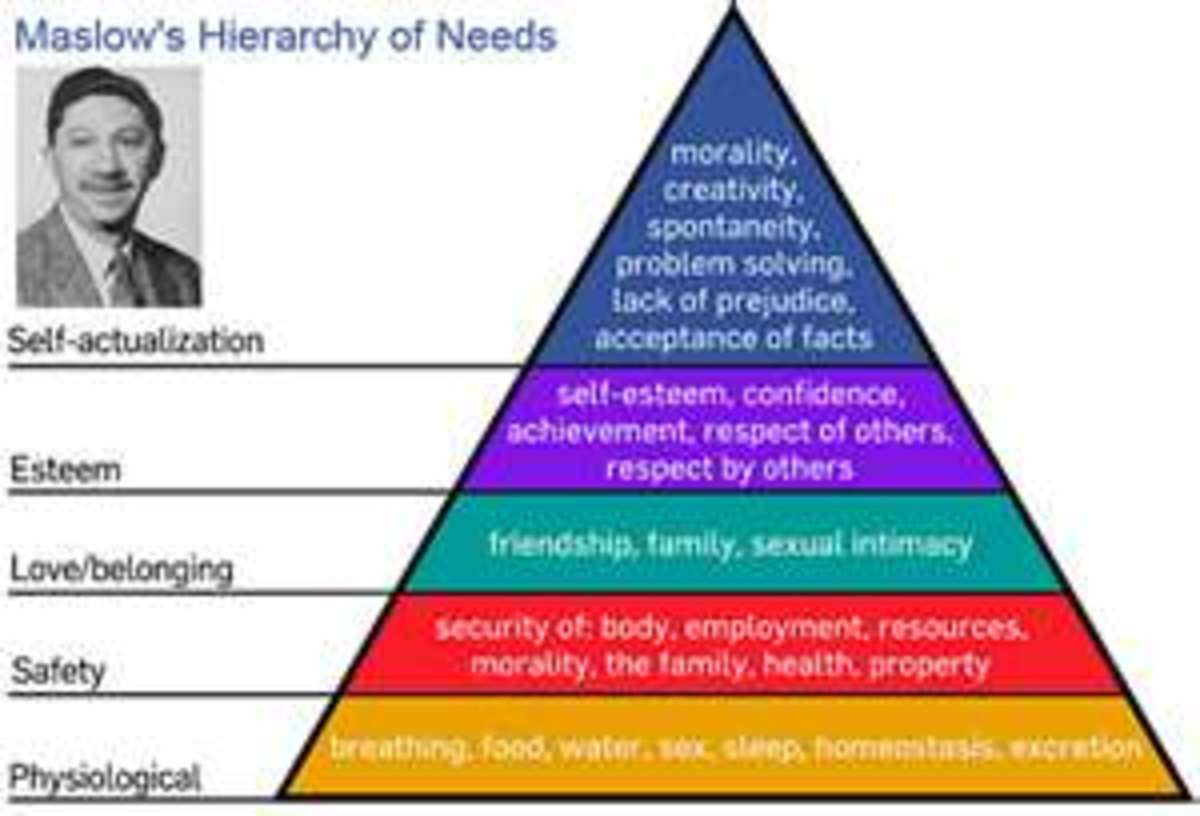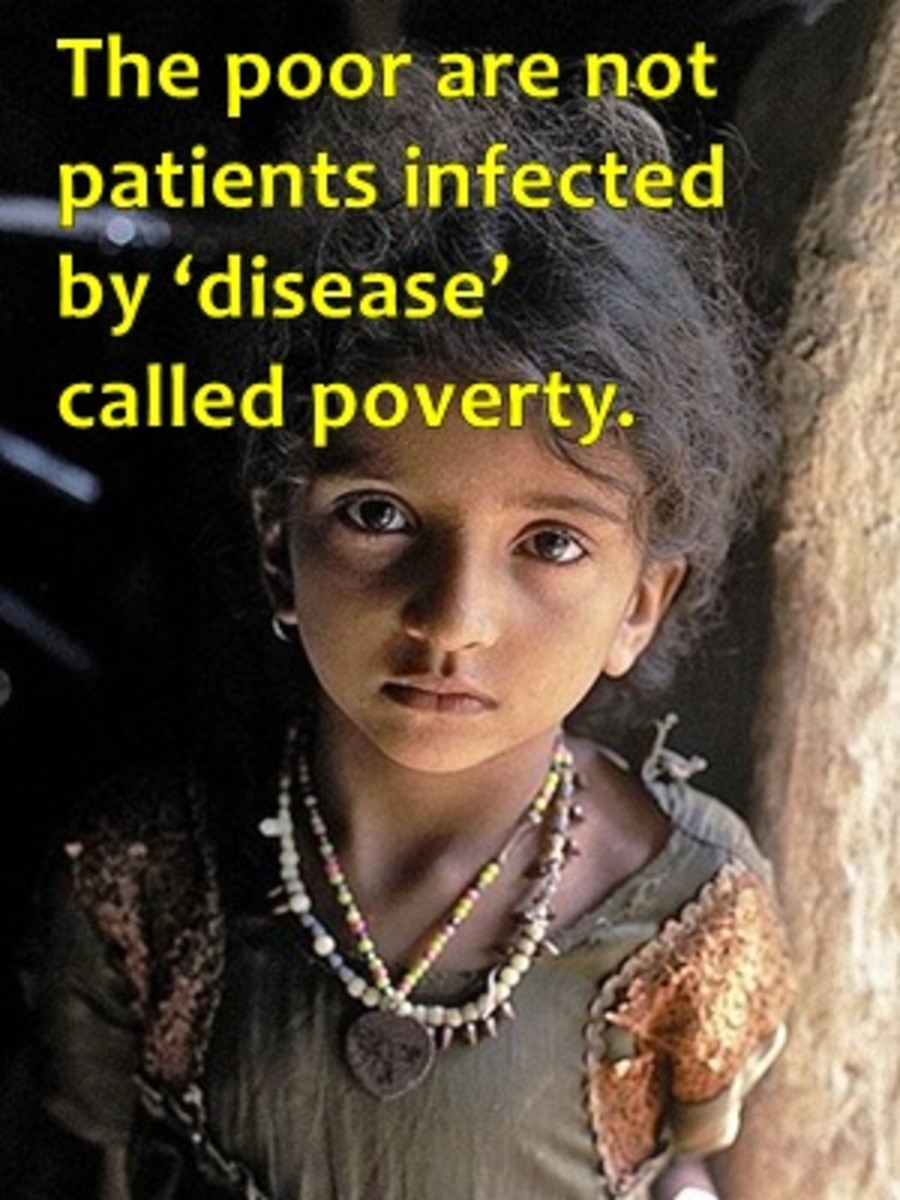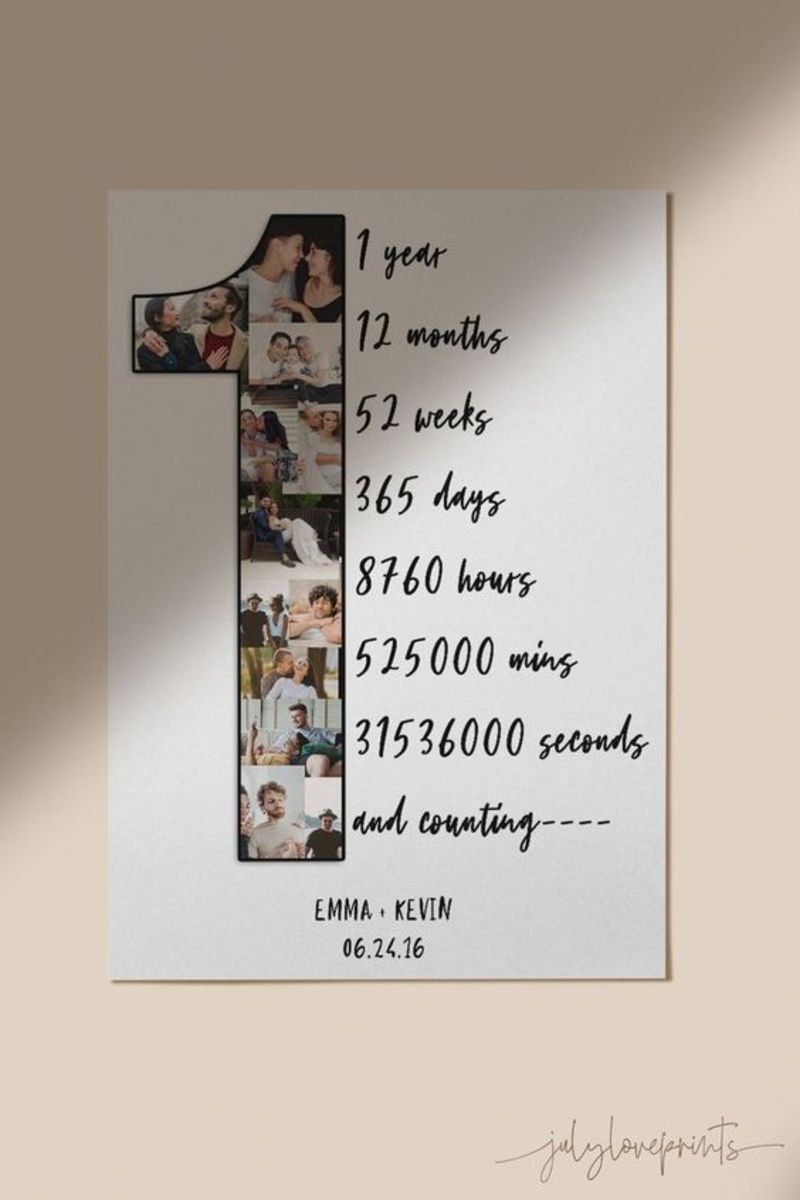WANT - An Autantonym

What is “want”? We may not stop to define it, but we all know what it is to want, don’t we?
We may want to be some other place. We might want to be “somebody”. We may want self-improvement, from controlling our temper - to health, appearance, education, attitude and peace of mind. May want fame or fortune. We might want a fancy car or to sing in our own band, to tour the world, study in Paris, even to be a foreign missionary or an astronaut. We may want our loved ones to have what they most want. We may just want to turn back the hands of time.
There is no end to what might be wanted or how perpetually. Some experts define insatiable wants as neurotic needs. That is almost the definition of wants beyond the basics. And of course, it describes every living soul. Perhaps monks and people on their death beds escape wanting. We everyday mortals don’t.
HIERARCHY
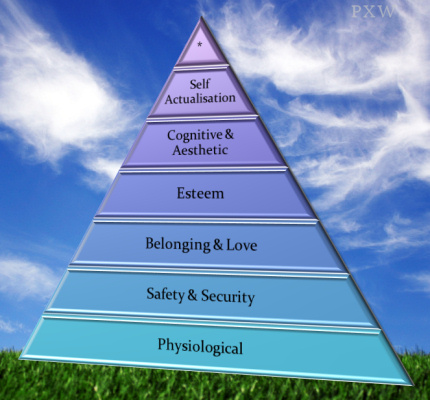
MASLOW
Abraham Maslow defined a hierarchy of needs. Only the bottom tier of the pyramid has the real survival needs; everything above those basic life-supports is a want. Higher wants are not possible until the basic needs are fulfilled. Without basic needs taken care of, one’s entire attention is on filling them.
Let’s think about that hierarchy, beyond the basic needs or wants. Maslow calls them all needs, actutally. For this article and its clarity lets keep them separate.

"I'll Never Be Hungry Again"
We may even want to be free of "want" itself!
Scarlett O’Hara (Vivien Leigh) declared so fiercely in “Gone With The Wind”, - “I will never be hungry again!” But a declaration such as that, though of filling a major need, when projected into the future, becomes more a want thant a need, for we cannot really need or satisfy it as a future event. Our real needs exist and are met (or denied) in present tense, right now and urgent. They may be ongoing but can only be filled in the present. To begin to forecast them removes them from that imperative immediacy.

The word “want” has meanings which are almost diametrically opposite. We want things; we are in want without things. It could be described as an auto-antonym. (May be spelled autantonym or contranym). This is a word with the same spelling that is also a word with the opposite meaning; in other words - a word with multiple meanings, one of which can be defined as the opposite of one of its other meanings. Confusing, yes?
Here's what the DICTIONARY says about “want”?
want |wänt; wônt|
verb
1) have a desire to possess or do (something); wish for : I want an apple | we want to go to the beach | she wanted me to go to her room | I'll give you a lift into town if you want.
• wish to consult or speak to (someone) : Tony wants me in the studio.
• (be wanted) (of the police) : desire to question or apprehend (a suspected criminal) : he is wanted by the police in connection with an arms theft.
• desire sexually : I've wanted you since the first moment I saw you.
• require to be attended to in a specified way : the wheel wants greasing.
• informal ought, should, or need to do something : you don't want to believe everything you hear.
• (want in/into/out/away) informal desire to be in or out of a particular place or situation : if anyone wants out, there's the door.
2) lack or be short of something desirable or essential : you shall want for nothing while you are with me.
• be short of or lack (a specified amount or thing) : it wanted a few apples to make a bushel | it wants a few minutes of five o'clock.
noun
1) a lack or deficiency of something : Victorian houses which are in want of repair | it won't be through want of trying.
• the state of being poor and in need of essentials; poverty : freedom from want.
2) a desire for something : the expression of our wants and desires.

Another feature of non-essential "wants" is their immediacy: wanting these things right NOW. It's the "instant gratification" trait which is disturbing throughout the generation.
My two elder sisters once discussed what they would want if they had lots of money. Harriet, said she’d want to be able to buy all the things she’d ever want. She craved the things money could buy.
Ruth said would want to be rich but she wouldn’t want any thing. She wanted the “security”, status and just knowing she had the money. She craved money for its own sake.
This is not an attempt to judge either kind, but to look at wanting in its many forms.
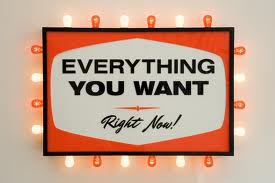
A recent TV ad for a well-known entertainer’s show has her saying, “I don’t want a 'thing'
. . . . Just give me money.”
So what do you want?
Is it a “want” or a “want”?

A recent ad on the back cover of a leading high-end magazine promotes WANT and asks seductively, “What do you want this holiday?” (Actually, I'd love that little sequined jacket - and the long fringed scarf is pretty cute, too! So NOW!)

As he prays, you can see on the priest's face the anquished intensity of his frustration with being unable to conquer his own wants and wanting, while unable to satisfy them.
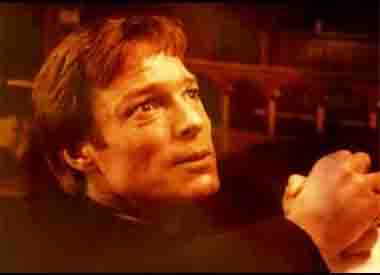
Poor Father Ralph (Richard Chamberlain). His "bottom line" indecision-dilemma haunts him throughout the story. At the end, he has to face up to not having ever made a firm valid CHOICE. In fact he's hedged and walked a tightrope all along, partially having it both ways, at the expense of each.
The Thorn Birds
I 'm reminded of an underlying theme in the famous TV series drama, “The Thorn Birds”.
It features a priest whose ecclesiastic ambition and his human desires tear and torture him, but do not prevent his rise in the ranks, though he feels not fully worthy so long as he is guilty of “wanting”, but he doesn't know how to stop it. It's a vicious circle for him. Even wanting to be free of it provides another futile want to plague him.
Though he attains next to the very highest office in the church which he wants and has aspired to, he constantly wrestled with his desire for the girl he's loved since she was a child, till finally he is encouraged by his superior to go to her in order to make a real choice.
He goes to her and loves her passionately, yet still he wants to return to his post and does so.
But his "wanting" was never fully stilled or satisfied because he could never make a real decision and true commitment.
Consequently, he missed the full joy of both.
For me this movie portrays the basic human dilemma and illustrates the need to decide and to be honest with oneself and others, whatever the religious views are.

Season of Wanting to Get or Season of Wanting to Give?
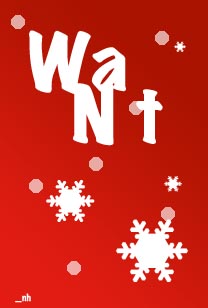
Now ‘tis the season when giving and receiving are uppermost in minds.
Often, rather than paying attention to loved ones throughout the year and picking up on their interests for clues or their subtle references to things they’d love to have in order to DECIDE what to GIVE them during this season, we ASK THEM “What do you WANT? We may ask for - or they may volunteer - their “want lists”, in fact!
Normally I do not write a “want list” and usually I pretty much ignore others’ want lists. I prefer to be given what someone wishes to give and I definitely prefer deciding what I want to give. The one time I made a list was for my beloved when his memory was beyond remembering things and his son took him to Christmas shop for me. They needed suggestions from which to choose, but, - as it turned out, - my beloved got me everything on the list! But for each selection, he chose the "one" using his meticulous taste and with consideration for mine.
Gifting is of high importance to me. I love to pick up on those unselfconscious clues people occasionally drop in everyday living. Often these tips go unnoticed. But a major part of a gift is that the giver picked up on a clue or bothered to think through what would fit a receiver's interests.
Perhaps children's writing their want lists for Santa Cllaus embeds that idea. There is convenience for the giver, simplifying the process and insuring the person's happy reception of it. Certainly being an appreciative receiver involves consideration of the giver, as well, and not just one's own pleasure with a gift. Both roles need attention and care.
So - what do we want this holy-day? Peace of mind? Belonging? Wisdom? Beauty? Youth? Security? Things? Money? Gap clothes?
We need to examine our own “want lists” from time to time, to be sure what we are “itching for” really fits our growth as persons. As an old adage: “Be careful what you wish for, lest it come true.”
The only possessions
That count are
Non-possessions.
______© Nellieanna H. Hay
I want for you
What you want for you,
Whatever that may be.
______© Nellieanna H. Hay

The pleasure I receive
From pleasing you
Excels all others.
It fulfills
My deepest need.
______© Nellieanna H. Hay

